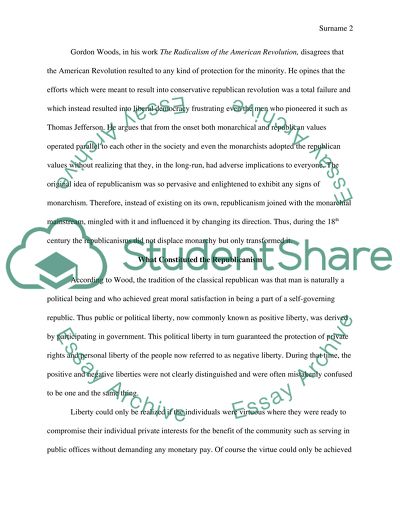Cite this document
(“American Revolution: Republicanism and Democracy Book Report/Review”, n.d.)
American Revolution: Republicanism and Democracy Book Report/Review. Retrieved from https://studentshare.org/history/1436054-republicanism-and-democracy
American Revolution: Republicanism and Democracy Book Report/Review. Retrieved from https://studentshare.org/history/1436054-republicanism-and-democracy
(American Revolution: Republicanism and Democracy Book Report/Review)
American Revolution: Republicanism and Democracy Book Report/Review. https://studentshare.org/history/1436054-republicanism-and-democracy.
American Revolution: Republicanism and Democracy Book Report/Review. https://studentshare.org/history/1436054-republicanism-and-democracy.
“American Revolution: Republicanism and Democracy Book Report/Review”, n.d. https://studentshare.org/history/1436054-republicanism-and-democracy.


